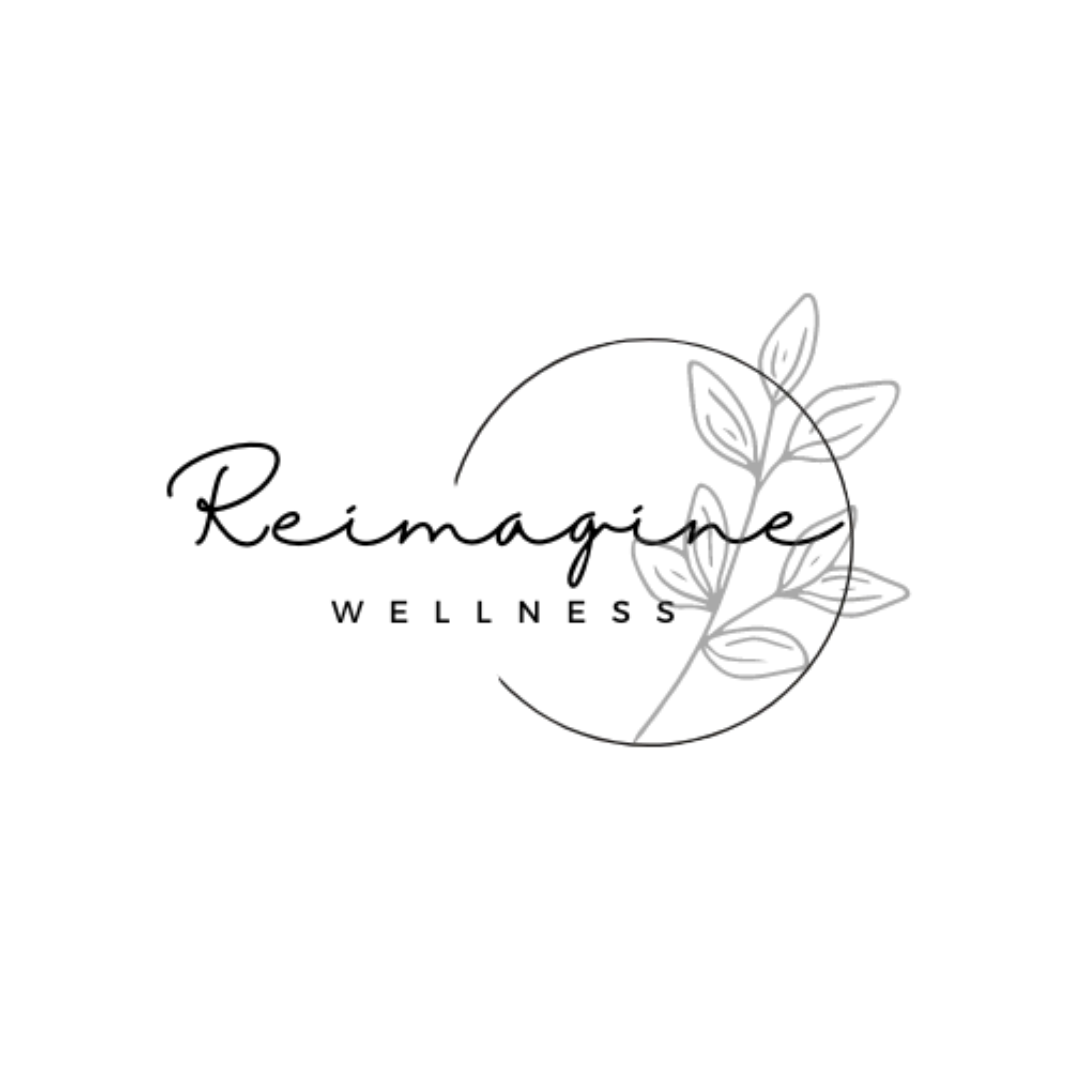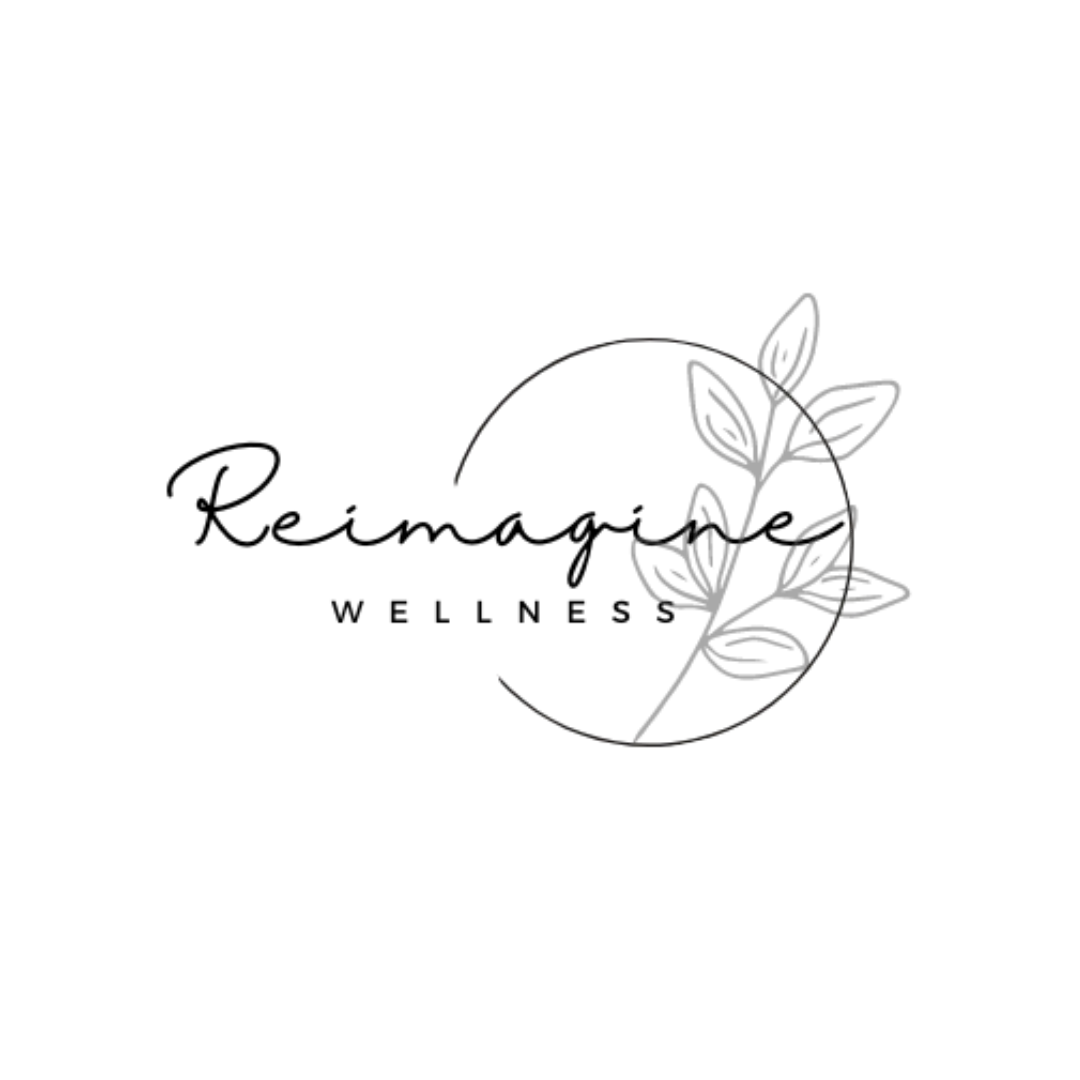
Default to YES is your weekly coaching session for clarity, confidence, and midlife reinvention.
Hosted by Board Certified Nurse Coach and Clinically Certified Aromatherapist Juli Reynolds, this podcast blends neuroscience, holistic health, and soul-centered coaching to help leaders and high performers rise above burnout, navigate transitions, and live the life they were created for.
If you’re ready to move beyond surviving and start saying YES—
to your calling, to your health, and to your extraordinary self—
this show will guide you step by step.
Each 25-minute episode delivers:
Science-backed strategies for brain health, resilience, and well-being
Holistic practices like aromatherapy, breathwork, and lifestyle medicine
Stories & coaching questions that spark courage, confidence, and clarity in your daily life*

Blog
Default to Yes! Your Extraordinary Self

Why You're Tired (and What You Can Do About it): The Hidden Power of Wabi Sabi

There is a time for everything, and a season for every activity under the heavens. — Ecclesiastes 3:1
We live in a culture that constantly pushes us to do more, achieve more, and be more, it’s easy to forget that life moves in seasons. Some seasons are for building, and others are for resting. Some are for growth, and others are for letting go. The ancient wisdom of Ecclesiastes reminds us that there is a divine rhythm to life — and our well-being is on the line when we ignore it.
Sometimes it helps to think about things in a new way, even if that is actually pulling from ancient wisdom. The wisdom of Ecclesiastes aligns closely with the Japanese philosophy of wabi-sabi, which teaches us to embrace imperfection, impermanence, and incompleteness. Together, these two ancient perspectives offer us a refreshing lens through which we can approach work, life, and wellness.
Understanding the Seasons of Life
In the book of Ecclesiastes, it says “There is a time to plant and a time to uproot. A time to tear down and a time to build. A time to mourn and a time to dance.” (Do you love that there is a time to dance!) Each season has a unique purpose, and when we resist the natural flow of life, we create unnecessary stress and burnout.
But when we embrace the season we're in — whether it's a season of creation, rest, rebuilding, or releasing — we find peace. This holds true for all aspects of our lives, our careers, relationships, health, and personal growth. Work-life balance, anyone?
The Connection to Wabi-Sabi
Wabi-sabi teaches us to find beauty in imperfection and appreciate the natural cycles of life. It reminds us that:
Nothing is perfect. And that’s okay.
Nothing is permanent. Seasons change, and so do we.
Nothing is finished. Life is always in progress, and we can learn to love the in-between.
This mindset shifts the pressure off of striving for flawless outcomes and invites us to appreciate the beauty of what is — even if it’s unfinished, unpolished, or unclear.
How This Changes Your Work-Life Balance
In our pursuit of productivity and excellence, we often ignore the natural rhythms of work and rest. But the reality is, just as nature has seasons, so does our capacity for work and creativity. Applying the wisdom of wabi-sabi and Ecclesiastes can radically shift how we approach work-life balance.
1. Embrace the “Building” Season Without Burnout
When you’re in a season of high productivity, lean in — but with intention. Prioritize your energy, set boundaries, and remember that this season will not last forever. Productivity is powerful, but burnout is not.
Wabi-sabi reminder: Progress, not perfection. Allow your work to be “good enough” instead of flawless.
Ecclesiastes reminder: There is a time to build, but also a time to rest.
There is a time to clean that closet, there is a time sit and sip your favorite beverage and listen to music.
2. Honor the “Rest” Season Without Guilt
Sometimes, life calls us to slow down, heal, and reflect. This might look like a slower pace in your business, a quieter social life, or more time spent nourishing your health.
Instead of feeling guilty for not producing, recognize that rest is part of the process. Trees don’t bloom all year; neither do you.
Wabi-sabi reminder: There’s beauty in emptiness and space.
Ecclesiastes reminder: There’s a time to tear down, and a time to build up again.
3. Find Beauty in the Unfinished Work
Maybe you have an idea for a book, a coaching program, or a wellness practice — but it’s still not perfect. Wabi-sabi and Ecclesiastes both remind us: it’s not supposed to be perfect. The process is where the magic happens.
Release the pressure of having it all figured out and simply move forward.
Wabi-sabi reminder: Beauty exists in the unfinished, the messy, and the raw.
Ecclesiastes reminder: There’s a time to plant, and a time to harvest — but the in-between matters, too.
Now, I believe that setting goals and deadlines is healthy. I believe that not all pressure is bad. It's all in how we manage it, what we make it mean. It's in knowing when to ease up, when to double down. All of that is found in the wisdom of these seasons, in the Wabi Sabi teachings.
The Health Benefits of Honoring Seasons
What happens when you start honoring the natural seasons in your work, health, and life?
Reduced stress and burnout. When you stop forcing constant productivity, your nervous system can rest.
Better mental health. Accepting imperfection reduces anxiety and self-criticism.
Greater creativity. Slowing down often leads to clearer, more inspired ideas.
Improved physical health. Aligning with natural rhythms improves sleep, energy, and overall well-being.
Practical Steps to Apply This Today
Identify your current season. Are you in a season of building, resting, releasing, or growing? Acknowledge it without judgment.
Adjust your pace. If you’re in a building season, lean in — but set boundaries. If you’re in a resting season, allow rest without guilt.
Release perfectionism. Wabi-sabi teaches that imperfection is beautiful. What would it look like to release the need for things to be perfect in your work or personal life?
Trust the cycles. Ecclesiastes reminds us that no season lasts forever. Trust that a new season is coming — and you will be ready.
Final Thought
One of the most famous representations of Wabi Sabi is Kintsugi, the Japanese art of repairing broken pottery with gold. The cracks aren't hidden, they're highlighted, making that piece even more beautiful. What if that is how we looked at life - at your cracks, your failures, your heartbreaks, your losses? They're not flaws. They're gold lines of your story.
When we align our lives with the wisdom of Ecclesiastes and the beauty of wabi-sabi, we unlock a healthier, more balanced way of living. We stop striving for perfection and start embracing the natural cycles of work, rest, growth, and release.
So what season are you in today? And how can you honor it — without guilt, without being overwhelmed by pressure, and without fear?
As you lean into the flow of your life, may you find beauty in the cracks, peace in the waiting, and grace in the becoming.
There is a time for everything — and you are exactly where you need to be.

Juli Reynolds
Juli is a nurse with over 30 years experience who coaches professional women, nurses and entrepreneurs as they pursue their personal and professional goals. She is trained in research, aromatherapy, breathwork, mindfulness - bringing all of that to the coaching experience.

© Copyright 2025. Reimagine Wellness. All Rights Reserved.
